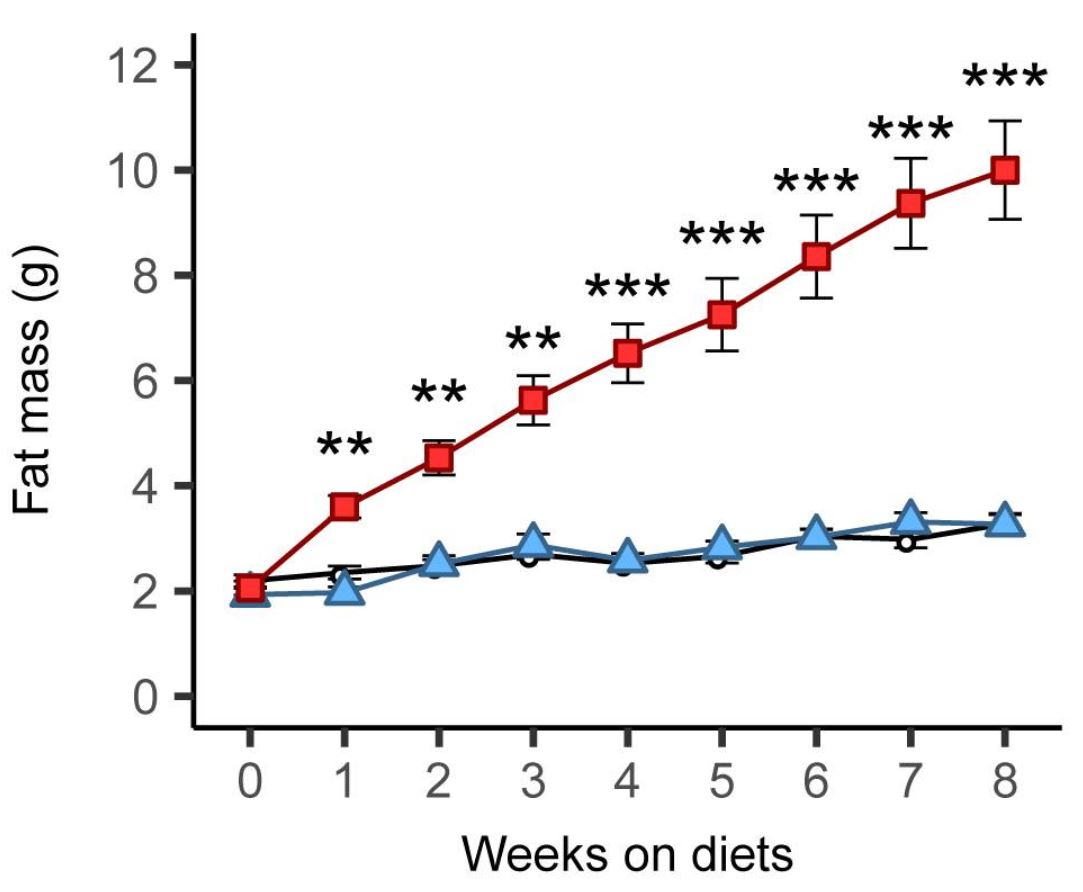After publishing my post Nutrition Science Initiative (NuSI) in retrospect, I received an email from Peter Attia, MD, the former president of NuSI, suggesting that I had gotten aspects of the story wrong due to a lack of additional context. Attia and I spoke twice by phone, and I think he has a point. I also had an additional conversation with Kevin Hall, PhD, one of the key researchers NuSI funded, for additional context from his perspective.
Salaries
NuSI executives didn’t set their own compensation, as I and others have implied. Compensation was set by the Compensation Committee of NuSI’s board, which did not include NuSI executives or employees. All overhead (i.e., all non-research dollars), including compensation, was paid directly from the Arnold Foundation grant with their knowledge and consent. According to Attia, donors other than the Arnold Foundation didn’t pay for salary or any other overhead; their funds went exclusively to research. Although Attia’s salary may seem high for a 501(c)(3) nonprofit, at its highest it was set following the recommendation of an external firm specializing in nonprofit executive compensation, at the request of the Board of Directors and with the approval of the Arnold Foundation. It seems that there was no self-dealing and my original post was incorrect in saying that NuSI executives “paid themselves enormous salaries.”
The collapse of NuSI
The reasons for the collapse of NuSI are more complex than what I portrayed in my article, and what appeared in the Wired article. A key reason NuSI collapsed is that it lost its funding, in part due to the fact that Attia was its most effective fundraiser and he left the organization at the end of 2015. Although Hall left NuSI’s Energy Balance Consortium (EBC) in 2016 due to scientific interference and personality conflicts, effectively shutting down the EBC at least temporarily, NuSI was larger than the EBC and the organization may have continued without it had funding not collapsed in 2016. The reasons why Attia left NuSI are complex, but they include undesired changes in his job requirements and personality conflicts.
Interference in the research process
NuSI did have its problems, some of which were described in my post and the Wired article, and some of which weren’t. I still believe NuSI tried to play a greater role in the research process than it should have, interfering with science and alienating certain researchers. Attia explained that from NuSI’s perspective, their intention was to create an adversarial collaboration that would be more effective at finding the truth than either camp alone. I actually think this is an admirable goal in many settings, and Daniel Kahneman, PhD describes a nice example of it in his book Thinking, Fast and Slow.
However, there are two reasons why I think it wasn’t a good idea in this particular case. First, this wasn’t the original agreement NuSI reached with EBC investigators. As Hall told me at the beginning of this saga in 2012, and reiterated in a recent conversation, the original agreement was that NuSI would fund studies on topics of interest and let the researchers take it from there. In other words, they would not be involved in the conduct, analysis, or reporting of the studies. Without this assurance, Hall wouldn’t have agreed to work with NuSI in the first place. However, after the EBC reported the results of its first study, which were unfavorable to the carbohydrate-insulin hypothesis, NuSI reneged on this agreement and began inserting itself into the research process in an increasingly assertive manner. The concept of adversarial collaboration emerged after these unfavorable findings and corresponded with NuSI’s desire to have greater control.
The second reason I think adversarial collaboration wasn’t a good idea in this case is that it was too dangerous due to the personalities, incentives, and strong beliefs of certain people on the NuSI side. This was a liability I flagged in 2012, which was apparent in the promotional materials NuSI published, and I think my concerns about this were realized. A key reason why I decided to support NuSI initially, despite this reservation, is that I was assured (as were Hall and his collaborators) it wouldn’t have control over the research process.
As I discussed in my initial article, NuSI did ask Energy Balance Consortium researchers to withdraw their abstract from the American Diabetes Association meeting, but this was because the researchers didn’t provide it to NuSI two weeks in advance, which their contract stipulated. While Attia argues that such agreements are common for this type of funded research, it still seems a little odd to me that NuSI actually enforced this rule and prevented the data (which challenge the carbohydrate-insulin hypothesis) from appearing at a major scientific meeting. Hall told me he wasn’t aware of this clause when he submitted the abstract. This incident would be less concerning if it weren’t part of a larger pattern of interference.
Conclusions
Although it still seems clear that NuSI interfered with the research process and alienated EBC researchers, I now believe the story of NuSI’s “collapse” is more complex than it initially appeared. I apologize to anyone who was harmed by inaccuracies in my initial article, particularly the salary issue. I’ll be annotating my original post to indicate the parts that I now think are wrong or misleading.



